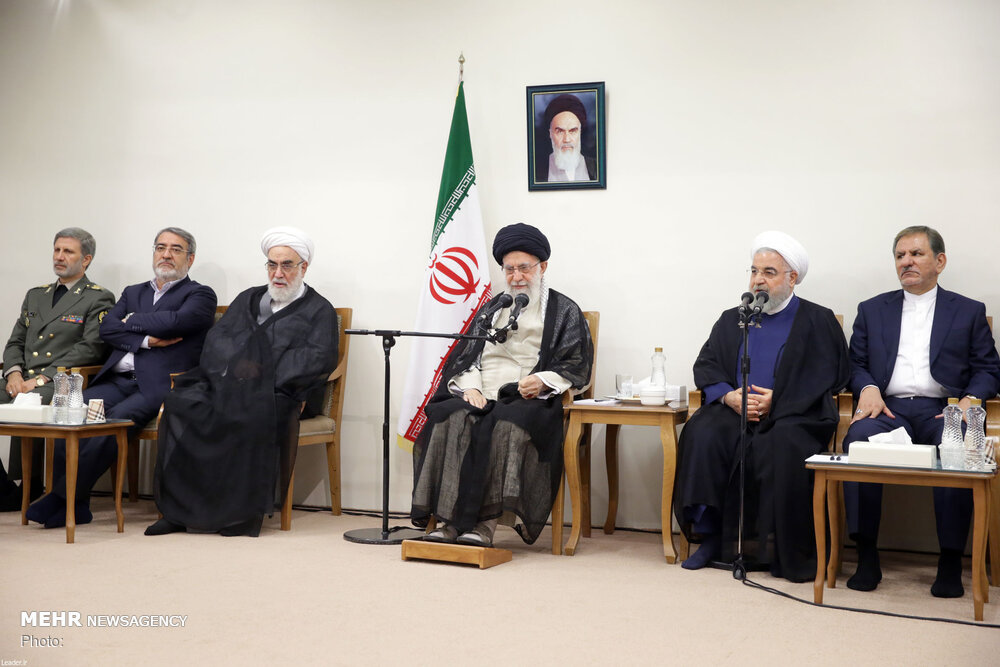Leader: The Kashmir wound is British legacy
Ayatollah Khamenei says easily-gained oil money has been a ‘great calamity’

TEHRAN – Leader of the Islamic Revolution Ayatollah Ali Khamenei said on Wednesday that the current tension in Kashmir is a “wound” left by “malicious acts” of Britain when it was forced to leave the Indian subcontinent in 1947.
“For a continuation of conflict in Kashmir, the British intentionally left this wound open in the region,” Ayatollah Khamenei noted.
Kashmir has been divided between India and Pakistan since their partition and independence from Britain in 1947. The disputed region is claimed in full by both sides, which have fought three wars over it.
According to Press TV, Kashmir has been the scene of fresh protests and placed under a lockdown ever since Prime Minister Narendra Modi’s government revoked the Indian-administered region’s special status.
“Small and medium-sized enterprises are main tools in promoting resistance economy.”India has claimed the decision to strip the Muslim-majority region of its semi-autonomy was necessary for economic development in Kashmir and to stop “terrorism.”
Ayatollah Khamenei urged India to follow a “fair policy” toward the Kashmiri people.
“We maintain good relations with the Indian government, but the Indian government is expected to adopt a fair policy toward the decent people of Kashmir so that the Muslim people of the region are not put under pressure,” the Leader remarked.
Elsewhere in his remarks, Ayatollah Khamenei told President Hassan Rouhani and his cabinet team that “domestic production” is the “main key to resolving existing problems” facing the poor and middle classes of society.
The meeting took place on “government week”.
The Leader suggested that giving space to small and medium-sized enterprises (SMEs) are the main tools in resistance economy.
Ayatollah Khamenei said all officials are unanimous in their view on the importance of SMEs and have promised to work on such projects.
“The need to cut dependence on oil export”
The Leader urged officials to turn sanctions into opportunities by cutting dependence on oil exports and relying more on domestic capabilities.
The easily gained revenues from oil export has been a “great calamity” for the country, the Leader remarked, adding, “This old problem has been really detrimental to the progress of the country.”
He said there are countries that have succeeded to achieve great economic prosperity without producing a “drop of oil”.
He added the best possible way to counter sanctions is shoring up production in different sectors, particularly in knowledge-based projects, agriculture, auto industry, housing construction, etc.
PA/PA
Leave a Comment